The 2019 London Chess Conference was an incredible opportunity to learn about the global chess community’s efforts to engage and sustain girl chess players.
Girls To Grandmasters (G2GM), a New York City 501(c)(3), was one of the 38 international delegations hosted at the Irish Cultural Centre in Hammersmith, London. G2GM’s mission is to empower girls to play chess and the London Chess Conference was the perfect opportunity to learn more about how chess can attract more girl players, while encouraging female participation at all levels of competition.
 One of the most inspiring parts of the conference was its emphasis on understanding and mitigating the heavy sociocultural influences that can hamper a girl’s desire to play chess. Indeed, conference co-director Judit Polgar recently stated “Girls in chess are not treated the same way as boys.” Several federations are addressing low participation with initiatives like all-girls tournaments, female mentors, and gender-specific funding. While the impact of separate gender-specific tournaments and awards is hotly debated and still undetermined, several federations have had significant success with community-based initiatives.
One of the most inspiring parts of the conference was its emphasis on understanding and mitigating the heavy sociocultural influences that can hamper a girl’s desire to play chess. Indeed, conference co-director Judit Polgar recently stated “Girls in chess are not treated the same way as boys.” Several federations are addressing low participation with initiatives like all-girls tournaments, female mentors, and gender-specific funding. While the impact of separate gender-specific tournaments and awards is hotly debated and still undetermined, several federations have had significant success with community-based initiatives.
The US Chess Federation, for example, has spearheaded Girls Club Rooms at National Scholastic tournaments, where girls can simultaneously play chess, meet women grandmasters, and enjoy snacks, while identifying with their peer set and developing self-esteem. Gender norms influence the attitudes and behaviors of all youth (in chess and beyond!), and the Girls Club Rooms offer girls a safe space from the chaos of tournament playing halls.
 G2GM similarly strives to cultivate community and support enthusiasm for chess by promoting events like Blitz & Brunch, a series of workshops in partnership with the Central Park Chess & Checkers House. Blitz & Brunch provides chess boards, snacks, and mentorship opportunities while promoting chess as an avenue for community and collaboration, rather than competition (Blitz & Brunch discourages chess clocks). G2GM has measured a triple-digit increase in chess girls’ participation with these events. Nevertheless, in G2GM’s experience, getting girls to the chessboard is easiest when chess is part of an academic curriculum.
G2GM similarly strives to cultivate community and support enthusiasm for chess by promoting events like Blitz & Brunch, a series of workshops in partnership with the Central Park Chess & Checkers House. Blitz & Brunch provides chess boards, snacks, and mentorship opportunities while promoting chess as an avenue for community and collaboration, rather than competition (Blitz & Brunch discourages chess clocks). G2GM has measured a triple-digit increase in chess girls’ participation with these events. Nevertheless, in G2GM’s experience, getting girls to the chessboard is easiest when chess is part of an academic curriculum.
Author: Karsten McVay
